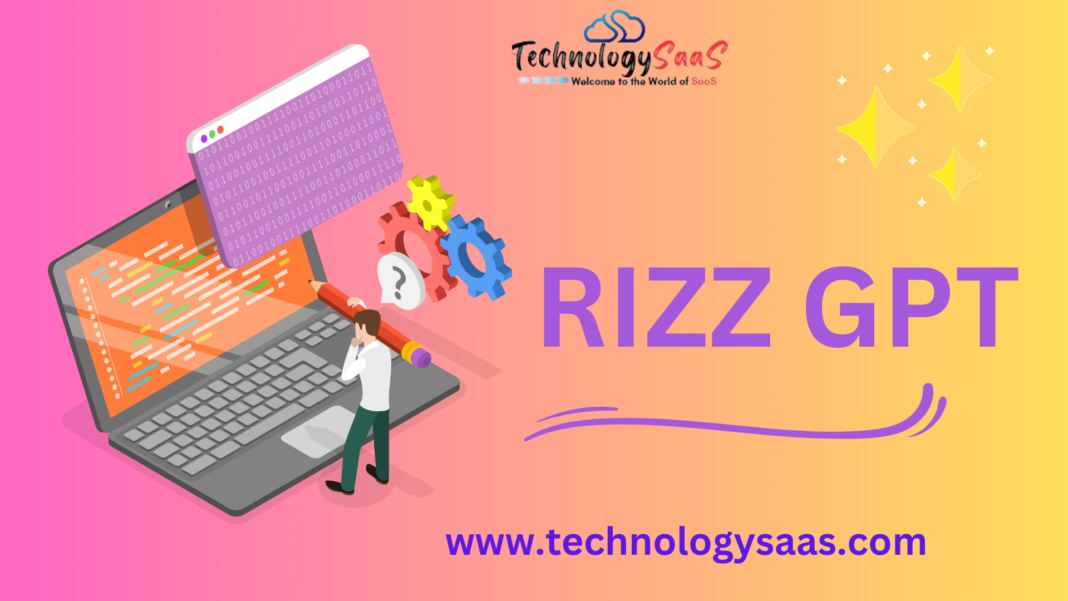What is Looti
Looti is a well known term used in South Asian contexts, particularly in India and Pakistan, to describe the robbery,corruption, illegal trading that embezzlement, or the unethical appropriation of public funds by politicians, bureaucrats, or businessmen and people.
Looti Snatches the Basic Needs of Public
For fulfilling the basic needs is impossible. Looti for personal needs for personal gain by making property and illegal transfer of money to foreign countries can lead to political and economic instability as citizens become disillusioned.
This general practice is so common today and it involves the misuse of power and money from government treasury and authority to siphon off money meant for public welfare development projects, or other governmental activities which should be used for welfare of the public but politicians loot this money for personal needs for personal gain by making property and illegal transfer of money to foreign countries.
Impacts of Looti on Society
-
Economic Impacts of Looti
There are so many problems that exist due to the pressure of less income support and implementation of heavy taxes on the public, its cause is the robbery of Looti wealth by politicians.
-
Public Fund Misallocation
Looti influences the funds meant for infrastructure, national security,education, healthcare, and social welfare of the public by providing new jobs to fresh bachelors to overcome poverty but unfortunately all country undergoes the inflation, zero jobs poverty, suicide because of Looti wealth,are diverted for personal use, leading to underfunded public services and stunted economic growth.
-
Looti Investment Deterrent Widespread
Looti creates an instability in business environment, discouraging both domestic and foreign investment. Investors seek stability, because of income instability, transparent markets, and pervasive corruption undermines the same confidence to get a well sorted society.
Social Impacts by Looti
-
Erosion of Trust Looti
Because of erosion of trust, the level of public in government and institutions declines and shatters as politicians are seen as so-called leaders who exploit their positions for personal gain. Looti can lead to political instability as citizens become disillusioned in management. This can lead to widespread cynicism and disengagement from civic activities.
-
Inequality by Looti
Looti exacerbates social inequality and instability by ensuring that resources and opportunities are hoarded by an elite class gentry while the majority of the population it makes difficult to implement the effectiveness in policies management and reforms done for the welfare of general public.It remains deprived of basic rights and services and opportunities for passing a below average life style where there are no jobs,no security, no health facilities.Looti can lead the generation to political instability as citizens become disillusioned.
Political Impacts
-
Instability Impact of Looti
Even a rise in high prices for basic needs becomes impossible. Looti can lead to political instability as citizens become disillusioned with corrupt leaders and demand accountability and it ensures that the public resources are used for the collective trust level that shatters the whole nation. The activeness of citizens in engagement to state holders in bureaucracy lead accountable and ensure that public resources are used for the collective goodness of norms.This can result in protests, political turnover, or even violent upheaval.
-
Weaknesses of Governance
Looti influences the whole nation individually as well as collectively.The focus on accountability and ensure the active citizen engagement to hold leaders accountable and ensure that public resources are used for the collective goodness of norms. The personal influence that public resources are used for the collective gain over public service weakens the governance structures, making it difficult to implement effective policies and reforms.
Conclusion
On the whole,Looti has long-lasting impact, far-reaching and detrimental impacts on society.It is combating the requirements by strong legal frameworks, transparent election and governance, and active citizen engagement to hold leaders accountable and ensure that public resources are used for the collective goodness of norms.



